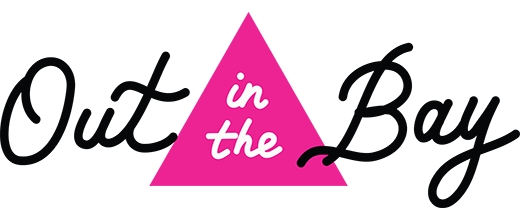Are we in the midst of a national genocide? Disability activist Rabbi Elliot Kukla tells Out in the Bay that systemic racism, economic injustice and US government inaction to COVID-19 amounts to genocide against the chronically ill, disabled, elders and people of color. In a New York Times opinion piece, “My Life is More ‘Disposable’ During This Pandemic,” Kukla wrote that COVID-19 has unmasked the ageism and ableism that exists in American capitalist culture, and compared current attitudes and language used to address the pandemic to 1930s and ’40s Nazi Germany rhetoric.
Rabbi Kukla, the first openly transgender rabbi ordained by a mainstream Jewish movement, is no stranger to sheltering in place. He has been living with a chronic debilitating illness for years and spends much of his time at home. In his talk with Out in the Bay host Eric Jansen, he not only highlights the discrimination embedded in US culture, policy and practices, Kukla also challenges Americans’ “myth of independence” and speaks about what we can all learn from people of color, the chronically ill, disabled and seniors during this time.
He refers to the deaths of over 130,000 Americans from COVID-19 and specifically calls the disproportionate deaths of elders, disabled and people of color genocide, citing the lack of a strong public health response:
“There are a lot of health conditions that are connected to poverty, systemic racism and economic injustice so people of color are not able to shelter in place in the same rates as white people. People of color are less likely to have the same kind of health insurance. It’s really a cluster of all of the deep, deep white supremacy of this country that’s leading to what I would really call a genocide.”
Kukla says there is no “silver lining” to this pandemic, but that there may be opportunities for a new, better “normal.”
Rabbi Kukla works at the Bay Area Jewish Healing Center in San Francisco where he has been providing spiritual care to the ill, dying and bereaved since 2008. He has written on a wide variety of topics including spirituality, Judaism, gender diversity, healing and chronic illness.



